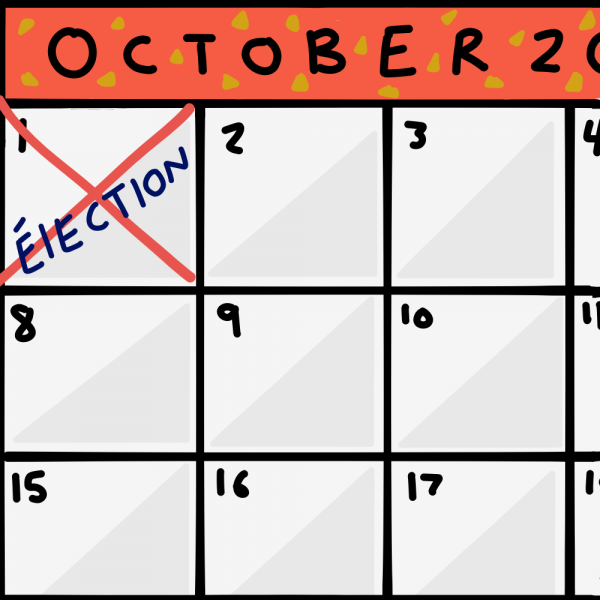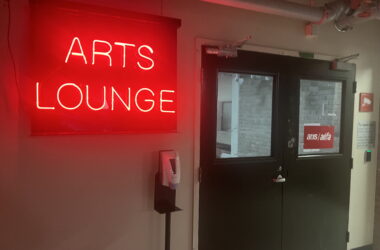On Oct. 1, residents across Quebec will head to the polls to vote in the province’s forty-second general election for the National Assembly of Quebec. In accordance with Section 306 of the Election Act, McGill University will be cancelling all classes, laboratories, and examinations for its students on election day.
Élections Québec has been working on an awareness campaign to encourage young voters to cast their ballots since Aug. 31. Section 306 is one of several tactics to encourage democratic participation in youth from ages 18 to 24, a demographic that has increasingly yielded relatively low voter turnout.
“Last general elections in 2014, 71 per cent of electors voted,” Julie St-Arnaud Drolet, Élections Québec spokesperson, said. “Nevertheless, on average a little over 55 per cent of the youth aged from 18 to 24 voted. This realization is cause for concern for our democracy.”
The campaigns cater to young people with the use of videos, which feature influencers popular with the age group.
“We need to get the attention of young people to bring them to our website to give them information and encourage them to vote,” St- Arnaud Drolet said. “For the youth component, the costs are $700,000 for investment and production.”
Valérie-Anne Mahéo, guest researcher at the Université de Montréal’s Department of Political Science, believes several factors have affected youth turnout including changes in values, failure of political parties to engage young people, and lack of education.
“Due to changes in values, citizens have become more critical of political institutions and political parties,” Mahéo said. “We have seen this happening for a few decades now in many Western democracies. In former generations, voting was seen as a civic duty [….] Now more and more younger people think it’s a personal choice. Voting may not be as important as it used to be for previous generations.”
Mahéo also pointed to a National Youth Survey prepared by Nielsen Consumer Insights for Elections Canada which found that only 29 per cent of the youth aged 18 to 34 had been contacted by a political party or candidate during the 2015 federal election, compared to 59 per cent of the older adults who were contacted.
“We know that face to face contact and personal mobilization is a big and important factor to explain why people show up to a polling station,” Mahéo said.
Education is also strongly correlated with voting. The National Youth Survey Report shows that 86 per cent of those who hold a university degree voted in the 2011 general election compared to only 69 per cent of those who held just a high school diploma.
“Education builds political engagement capacities in different ways,” Mahéo said. “[In] university, you develop critical thinking skills, information search abilities, your ability to debate, your ability to communicate and to analyze information, […and] you tend to develop a network that is more educated and more interested in the election.”
Mahéo emphasized that a representative only functions if citizens exercise their voting rights.
“Representative democracy is the world we live in,” Mahéo said. “So, if citizens do not take part in it, the government would not be as representative as they should or could be.”
According to Fabrice Labeau, interim deputy provost (Student Life and Learning), the cancellation of classes is unlikely to have a negative effect on academics at McGill.
“Professors were informed of the government’s requirement late last year in order to allow them time to adjust their curriculum accordingly,” Labeau said. “As each faculty’s requirements, structures, and schedules differ significantly, so do their chosen methods for mitigating the impact of the cancellation.”








